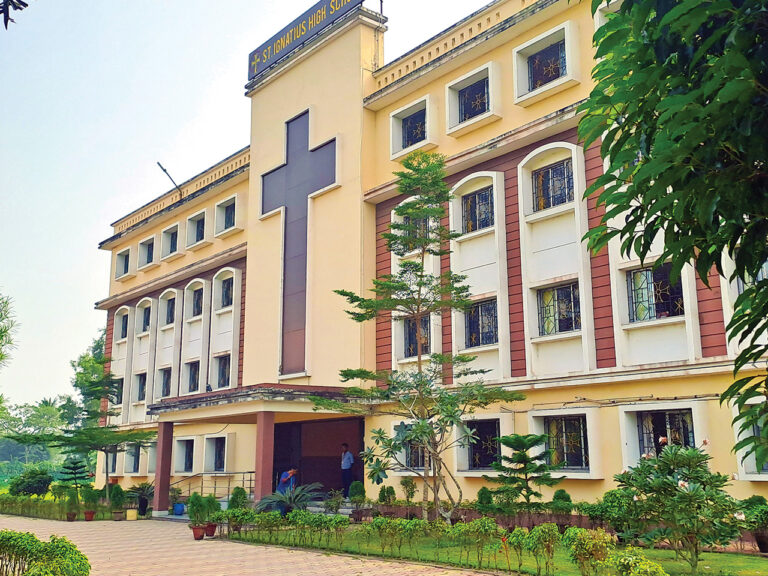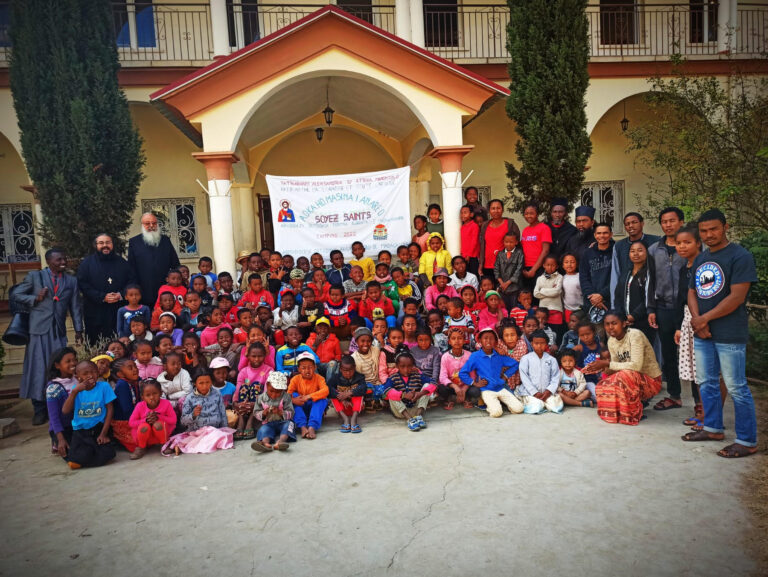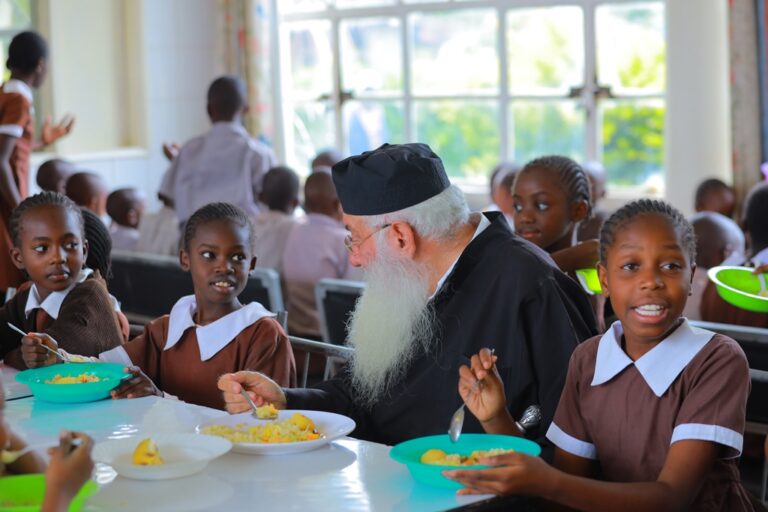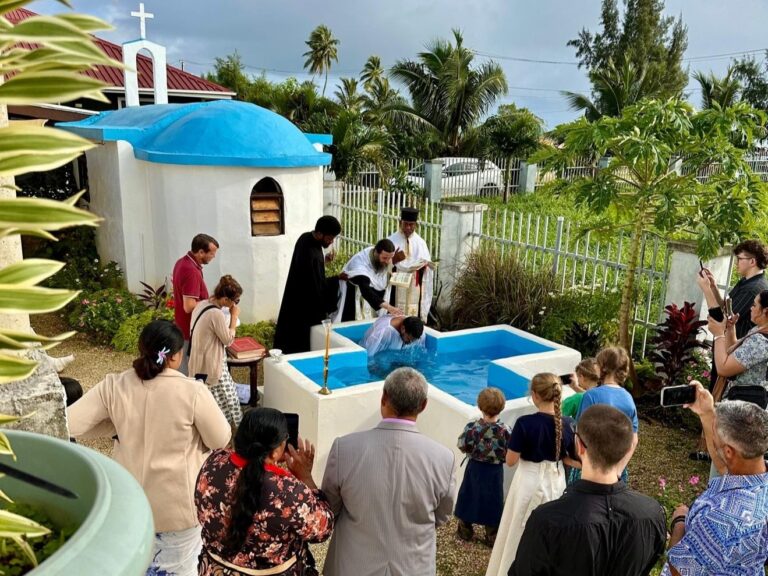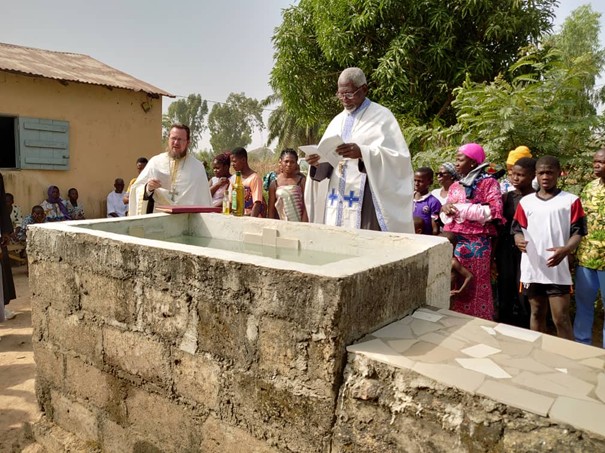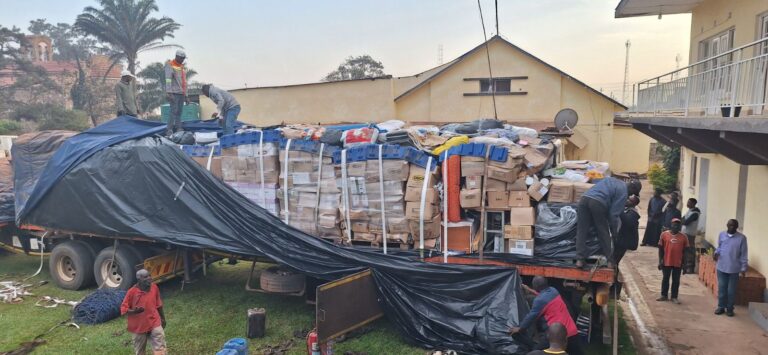Malaria: the great scourge of Africa
The members of the Orthodox Christian Mission, who travel to African countries in particular, should know some basic things about malaria, which is endemic and plagues these countries, in order to take some protective measures.
What is malaria
Malaria is a serious parasitic infection caused by Plasmodium, a parasite that attacks the red blood cells of the blood. The known and most common parasite species that cause the disease are Plasmodium falciparum, Plasmodium vivax, Plasmodium ovale, Plasmodium malariae and P. knowlesi. Of these, Plasmodium falciparum is most likely to cause severe infection and, if not treated properly, can lead to death.
How is malaria transmitted?
The most common mode of transmission is through the bite of a female infected mosquito of the genus Anopheles (Anopheles). Only mosquitoes of this genus can transmit malaria and they must have previously bitten a person infected with the parasite that causes malaria. Transmission can also occur through blood transfusion, organ transplantation and the use of infected needles or syringes. Less commonly, the disease can be transmitted from mother to foetus. The parasite is not transmitted from person to person through normal social (e.g. shaking hands, kissing), or sexual contact.
Geographical distribution of malaria
The disease is endemic in more than 100 countries. The World Health Organization estimates that 300-500 million people are affected each year. Most of them are children under 5 years of age and more than 1 million deaths are recorded annually. Climatic conditions influence the geographical and seasonal distribution of the disease. In many tropical regions the disease is transmitted throughout the year, while in temperate regions transmission is almost interrupted during the cold months. The highest incidence of malaria is found in sub-Saharan Africa, particularly in West Africa. This is followed by Oceania, South-East Asia and Central and South America. During the seasonal outbreak of the disease, especially in endemic areas and at altitudes below 1500-2000 metres, the risk is high. At higher altitudes, mosquitoes that transmit the disease do not survive.
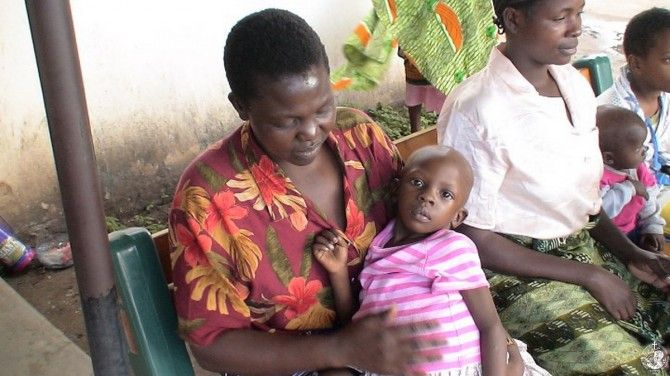
What are the symptoms of malaria?
The main and most common symptoms of malaria are: high fever with chills, sweating, headache, myalgia and malaise. Fever occurs every second or third day. Other secondary symptoms are nausea, diarrhoea and vomiting. In addition, in some cases hypoglycaemia, anaemia and jaundice may occur due to the destruction of red blood cells (haemolysis). If not properly treated, severe forms of the disease may present with neurological symptoms, renal or respiratory failure and coma. Most cases of complications and deaths from malaria are due to late diagnosis and treatment.
How soon do the symptoms appear?
The timing of symptoms varies. In most cases, however, symptoms appear between 10 days and 4 weeks after the bite. Plasmodium vivax and Plasmodium ovale infection may recur even after 4-8 years.
Preventive measures
They aim to reduce the risk of being bitten by mosquitoes. Malaria-transmitting mosquitoes bite mainly from sunset to sunrise. For this reason, it is recommended that. Bedrooms should have mosquito nets or screens on windows and doors. Use room insecticides (tablets, snakes or sprays), fans, air conditioners and personal insect repellents before bedtime. Preventive use of specific medicines (e.g. Lariam) by those travelling to countries with malaria should be taken in consultation with their doctor.
What is the treatment for malaria?
Treatment of malaria (type of drug and duration of administration) depends on the plasmodium causing the infection and the area where the infection occurred, due to resistance to some antimalarial drugs. Treatment also depends on age, the severity of the patient’s condition and the possibility of pregnancy. Antimalarial drugs generally given for the prevention of malaria include atobacon/proguanil, doxycycline, mefloquine and chloroquine. It is advisable to start treatment early in the early stages of the disease before it becomes chronic or develops into a severe form. The drugs used in self-treatment regimens are: artemether/lumefantrine, dihydroartemisin/piperacin, atobacon/proguanil, doxycycline, quinine, clindamycin, mefloquine, primaquine and chloroquine. People who are frequently exposed to the malaria plasmodium in endemic countries gradually develop partial immunity, i.e. they do not become ill with severe symptoms. This immunity does not last for long if they move away from their endemic countries of residence, so they may become ill in the event of a new infection with the parasite.
Is there a malaria vaccine?
There is currently no malaria vaccine available. However, research into a vaccine is at an advanced stage and malaria vaccines are expected to be available in the near future.
Malaria and Orthodox Foreign Mission
The Brotherhood of the Orthodox Foreign Mission in Thessaloniki is among the organizations that have developed, among other things, remarkable action aimed directly or indirectly at combating malaria in the countries of the so-called Third World. It is obvious that in poor Third World countries the possibility of taking preventive measures is quite difficult and limited as well as access to a valid and timely treatment approach. Thus, a large number of people become ill and remain helpless despite our efforts. Main source: KEEΛPNO Vassilios Karampatakis
Professor Ophthalmologist, Regular Member of the Brotherhood Elias Nakos
Military Ophthalmologist

